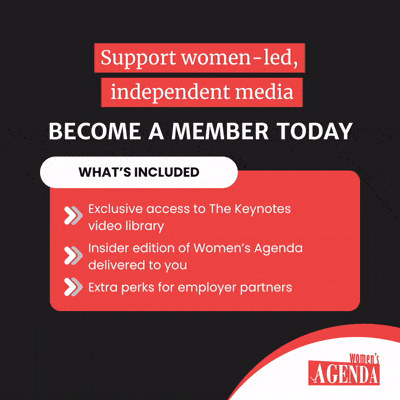Like it or not, you have a reputation – a personal one and a professional one. All the messages you put out – online, in person and on paper – combine to form a brand image to all who cross your path.
Networking is not just about the face-value of the person you shake hands with; it’s also the reputation and image that surrounds them.
These days your image can and will follow you. It is logged, documented, diarised, collated and Googled. In the future your grandchildren will be able to Google you. Your children, or your parents, may be doing it now!
And these days, your professional reputation and image is a lot more than just what you wear and how you come across. Sure, looking the part and creating a good first impression is important but your professional reputation is about the entire package. It is about who you are, how you operate and what you stand for. Your actions, reactions and integrity are under constant scrutiny.
With the rise of social media and increase in communicative tools, managing your reputation is now critical. It is easy for current and future employers to Google you, and they will often d0 so before the interview or promotion. Your online reputation could be affecting your real-world reputation in ways you aren’t even aware of. Conversations that you thought were deleted can still be accessed with the correct URL or search phrase. Google never forgets.
Last week we discussed authentic networking and operating from the heart. That authentic person needs to live and breathe online as well. It’s no good espousing virtues that don’t align with daily activities. There is no “what happens in Vegas, stays in Vegas” in Google’s world. Here are some ideas to bring your online and offline profiles into alignment.
1. Mind your language
Social media has changed the way we communicate. In many cases we do not have the physical nuances that embellish and direct a conversational theme. Many conversations rely on words only with no signals to indicate mood. You may write your message while smiling and laughing but without that facial expression to go with it the message could result in a completely different outcome. Icons and punctuation such as exclamation marks can be very useful but don’t rely on these – change your language to suit the mood instead.
2. Hold off on the send button
It is too easy for innocent statements to be misconstrued. Appropriate communication is just as important as the message itself. Always read back your message and even sit on it for five minutes before sending to make sure it comes across in the most appropriate way. We have all been at the brunt of an email fired off in anger, either by us or to us, so this strategy can save us from future problems. Set your email manager to send every half hour rather than immediately and you will mostly have the chance to review your words if necessary.
3. Is your message consistent?
Check out your social media profiles and make sure they are congruent. There is a different tone that goes with different platforms but your ethos and modus operandi should marry.
4. Watch your spelling
Finally, and at the risk of sounding like your high school English teacher, spelling is now more important than ever. Yes, many conversations on mobiles and on Twitter rely on abbreviations such as gr8, r u OK? and lol but these abbreviations do not have a place on platforms such as LinkedIn, email, blogs or even Facebook.
When you communicate using only words, those words need to be correct, appropriate and grammatically sound. Relying on spellcheck just doesn’t cut it as many words can mean something totally different to what you are trying to convey but may still be spelled correctly.
5. Post only what’s important
Every post, every comment and every picture all contribute to a profile of what you are all about. Make sure you are proud of every post. No exceptions.
6. Update your CV
Make a yearly habit to update your CV. Once you have established where you’re going that year, take the time to check all your online and face to face activities. Are they in alignment? If not, what needs to change?
You never know just who may be watching.
Looking for a networking event to give these eight tips a go? Network Central’s next Sydney Breakfast Series event is on 21 February and includes an address by executive coach and Roar People managing dire.ctor Suzi Skinner. Women’s Agenda readers will receive 20% off tickets to this event. Click here to book your ticket.
And check out the NAB Women’s Agenda Leadership Awards on 7 March, an opportunity to hear from and engage with some of the country’s most inspiring women.

